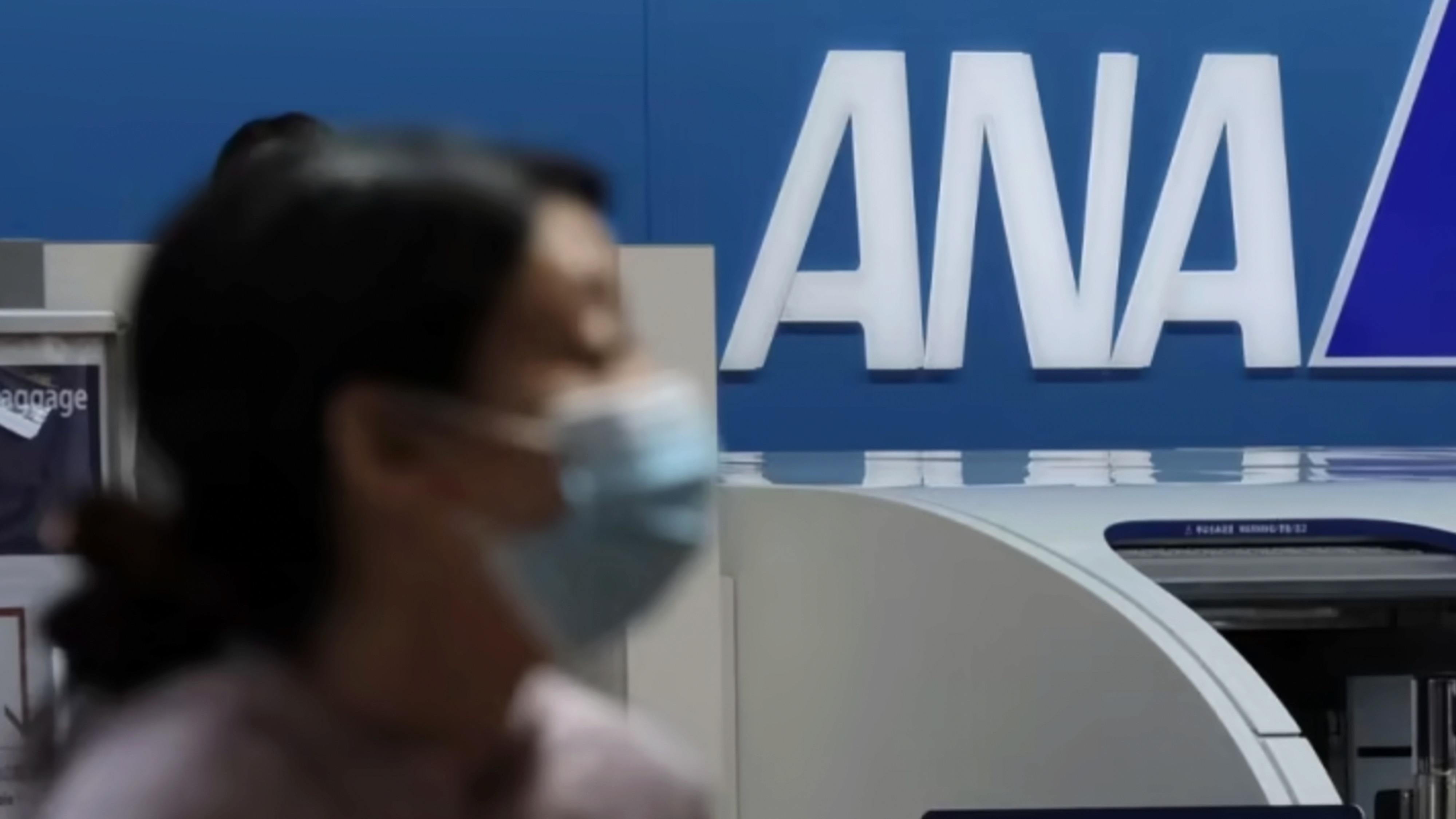
1 minute read
AIRLINE APOLOGY OR PR CRISIS? ANA’S TICKETING GLITCH CAUSES CHAOS
Japan’s All Nippon Airways (ANA) airline recently had a pricing blunder which caused $13,000 Asia-US business class tickets to be sold for just $460.

Advertisement
The mistake was due to a technical issue with the currency conversion on the airline’s Vietnam website, that allowed customers to purchase the discounted tickets. Many customers were excited to take advantage of the deal, with some even booking multiple tickets for friends and family.
An ANA spokesman initially said the airline would honour the tickets for those who had bought them. But the carrier said later that a final decision had not been made, adding that one would be reached before the end of the month. A week after, ANA announced that it would cancel and refund the tickets sold at the incorrect prices
Pricing errors caused by technical issues can happen to any brand, but what sets brands apart is how they respond to these mistakes.
Three things to consider when faced with such issues:
1) Transparency and honesty are essential: When a mistake is made, it is important to be transparent and honest with customers. In the case of ANA, the airline was upfront about the pricing error.
2) Reputation management: A PR crisis can have a significant impact on a company's reputation. ANA was proactive in addressing the situation, which likely helped to mitigate any damage to its brand.
3) Customer service recovery is key: ANA kept its customers informed of the situation and provided clear information on how to obtain a refund.
Take KFC’s UK as a prime example. They apologized for their chicken shortage with a witty ‘FCK, we’re sorry’ advert. By showing humility and honesty, the brand was able to take responsibility for the mistake made and not sugar-coat it.
< Bloomberg gave a detailed breakdown on the pricing errors across different trips.
In situations where brands are unable to fulfil their initial agreements, it's crucial to consider offering alternate forms of compensation to customers. Demonstrating a brand's appreciation for its customers and a willingness to rectify mistakes is paramount.
Sources: CNA, AFP/Richard A Brooks, Bloomberg
One thing in the news in Singapore:



